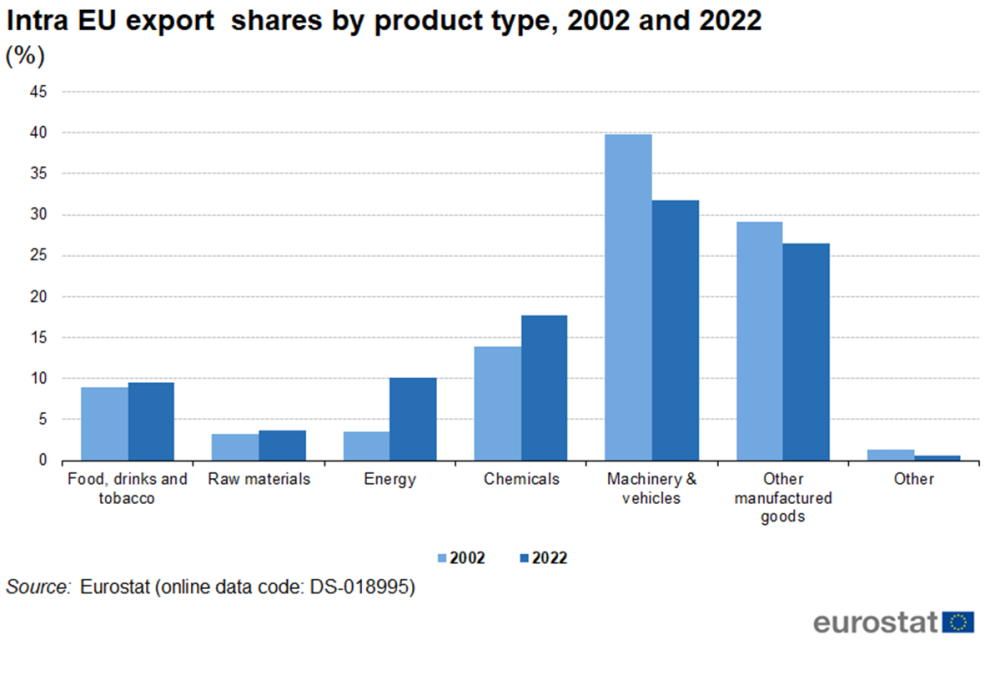Improved Rain Predictions: Precise Timing For Your Area

Table of Contents
Advanced Meteorological Technologies
The enhanced accuracy of rain predictions is largely due to significant strides in meteorological technologies. These advancements allow for better understanding of atmospheric processes, leading to more precise forecasts of rainfall intensity, location, and timing.
Doppler Radar and its Enhancements
Doppler radar has long been a cornerstone of weather forecasting, but recent enhancements have dramatically improved its capabilities. The evolution from single-polarization to dual-polarization radar, for example, allows meteorologists to distinguish between rain, snow, and hail with much greater accuracy. Phased-array radar technology further refines this capability, offering faster scan rates and improved spatial resolution.
- Dual-polarization radar: Provides detailed information about the shape and size of hydrometeors (rain, snow, hail), leading to more accurate estimates of rainfall intensity.
- Phased-array radar: Offers faster scan times and more frequent updates, providing near real-time monitoring of precipitation development and movement.
- Improved spatial resolution: Allows for more precise identification of rainfall location and intensity, even at a very localized level.
These improvements contribute to more precise timing of rain events, giving individuals and organizations more time to prepare and react.
Satellite Imagery and Data Assimilation
Satellite data plays a crucial role in supplementing ground-based observations, providing a broader perspective on atmospheric conditions. Infrared and microwave satellite imagery offers insights into cloud cover, temperature profiles, and precipitation patterns across vast areas. Advanced data assimilation techniques combine this satellite data with ground-based observations (from weather stations, radar, etc.) to create a more comprehensive and accurate picture of the atmosphere.
- Infrared satellite imagery: Detects cloud top temperatures, helping to identify the type and intensity of precipitation.
- Microwave satellite imagery: Penetrates clouds, providing information on precipitation even in heavily overcast conditions.
- Advanced data assimilation: Utilizes sophisticated algorithms and supercomputers to integrate diverse data sources into weather models, improving forecast accuracy.
This improved data integration enhances the prediction of both the intensity and location of rainfall, providing a more complete picture of upcoming weather events.
Numerical Weather Prediction (NWP) Models
Numerical Weather Prediction (NWP) models are sophisticated computer programs that simulate atmospheric processes using mathematical equations. Recent advancements have dramatically improved the accuracy and resolution of these models.
- Increased model resolution: Allows for the simulation of smaller-scale weather features, leading to more precise rainfall predictions.
- Improved parameterizations of physical processes: More accurate representation of processes like cloud microphysics and turbulence improves the models' ability to simulate precipitation.
- Ensemble forecasting: Running the model multiple times with slightly different initial conditions provides a range of possible outcomes, quantifying the uncertainty in the forecast.
These advancements in NWP models lead to better predictions of rainfall timing and amount, giving users a more reliable forecast.
Hyperlocal Forecasting and its Benefits
While broader regional forecasts are essential, the ability to predict rainfall at a hyperlocal level offers significant benefits for individuals and communities.
The Role of Mesoscale Models
Mesoscale models are high-resolution weather models that focus on smaller geographical areas, often down to the neighborhood level. These models can capture small-scale weather phenomena that are often missed by larger-scale models.
- High-resolution grid: Provides detailed information on rainfall patterns within a specific area.
- Improved short-term forecasts: Allows for more accurate predictions of rainfall timing and intensity for the next few hours.
- Better understanding of localized weather: Helps to identify areas that may be particularly vulnerable to heavy rainfall or flash flooding.
This hyperlocal approach is crucial for effective emergency response and community preparedness.
Improved Access to Information
The availability of weather information through various platforms has significantly improved access to accurate and timely forecasts. Mobile apps and websites now provide user-friendly interfaces with hyperlocal forecasts, allowing individuals to easily access the information they need.
- Mobile weather apps: Provide real-time updates, customizable alerts, and detailed information on rainfall predictions.
- Weather websites: Offer interactive maps, historical data, and detailed forecasts for specific locations.
- User-friendly interfaces: Make complex weather information easy to understand and use.
Easy access to accurate and timely information empowers individuals to make informed decisions about their daily activities.
Applications and Impact of Improved Rain Predictions
The benefits of improved rain predictions extend far beyond simply knowing whether it will rain. These advancements have a profound impact across various sectors.
Agriculture and Water Management
Precise rainfall forecasts are invaluable to farmers, allowing for optimized irrigation schedules and reduced water waste.
- Precision agriculture: Using weather data to optimize irrigation, fertilization, and pest control.
- Efficient water resource management: Reducing water consumption while maximizing crop yields.
- Decreased crop losses: Minimizing damage from unexpected rainfall or drought.
This leads to increased efficiency, reduced costs, and enhanced sustainability in agriculture.
Transportation and Public Safety
Improved rain predictions are crucial for managing traffic flow, preventing accidents, and improving emergency response during storms.
- Improved traffic management systems: Adjusting traffic flow based on predicted rainfall intensity and location.
- Early warning systems for flash floods: Providing timely alerts to residents in flood-prone areas.
- Enhanced public safety measures: Improving emergency preparedness and response during severe weather events.
This leads to safer roads, reduced traffic congestion, and improved emergency response times.
Energy Production and Renewable Energy
Precise rainfall forecasts are also critical for managing hydroelectric power generation and planning renewable energy projects.
- Optimizing hydroelectric dam operations: Adjusting water releases based on predicted rainfall to maximize power generation.
- Improved planning and efficiency for solar and wind power generation: Predicting cloud cover and wind speed to optimize energy production.
- Reduced energy costs: Improving efficiency and reducing reliance on fossil fuels.
This contributes to a more stable and reliable energy supply.
Conclusion
Advancements in Doppler radar technology, satellite imagery, data assimilation techniques, and NWP models have significantly improved the accuracy and timeliness of rain predictions. These improved rain predictions offer substantial benefits across numerous sectors, from optimizing agricultural practices and managing water resources to improving transportation safety and enhancing energy production. The ability to access hyperlocal forecasts through reliable weather apps and websites further empowers individuals and communities to prepare for and respond to upcoming weather events. Take advantage of improved rain predictions available through sources like AccuWeather, The Weather Channel, or your local meteorological service to better plan your day and prepare for upcoming weather events. Stay informed about the latest advancements in weather forecasting technology for your specific area to benefit from the increasingly precise and timely information available.

Featured Posts
-
 Mission Patrimoine 2025 Restauration De Sites Historiques En Bretagne Plouzane Et Clisson
May 21, 2025
Mission Patrimoine 2025 Restauration De Sites Historiques En Bretagne Plouzane Et Clisson
May 21, 2025 -
 From The Mountains To The Med A Self Guided Walking Tour Of Provence
May 21, 2025
From The Mountains To The Med A Self Guided Walking Tour Of Provence
May 21, 2025 -
 Macrons Push For Intra Eu Trade A Challenge To Us Imports
May 21, 2025
Macrons Push For Intra Eu Trade A Challenge To Us Imports
May 21, 2025 -
 Leeds Return To Championship Summit A Tottenham Loanees Impact
May 21, 2025
Leeds Return To Championship Summit A Tottenham Loanees Impact
May 21, 2025 -
 National Treasure Trafficking Antiques Roadshow Episode Results In Couples Arrest
May 21, 2025
National Treasure Trafficking Antiques Roadshow Episode Results In Couples Arrest
May 21, 2025
